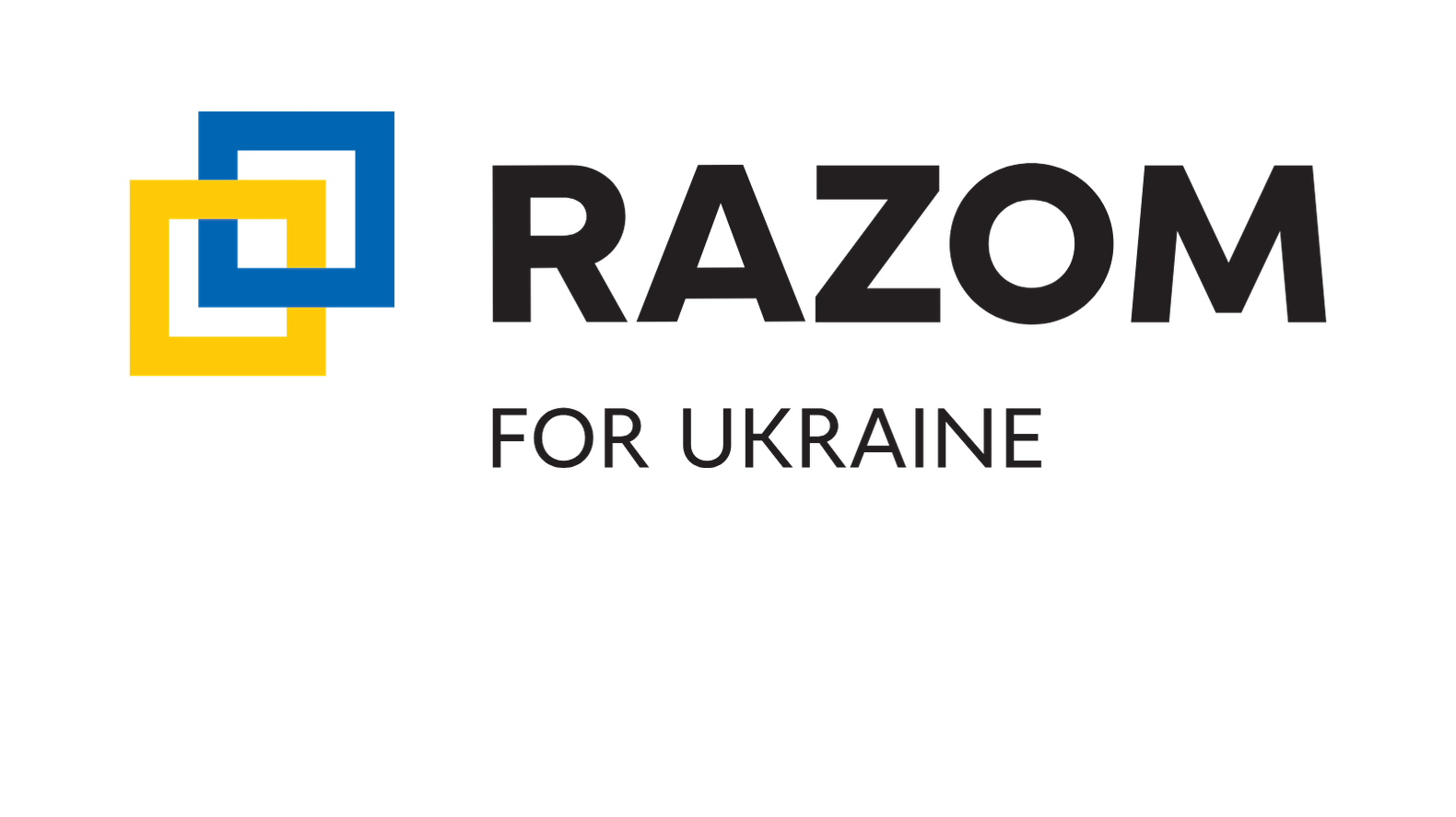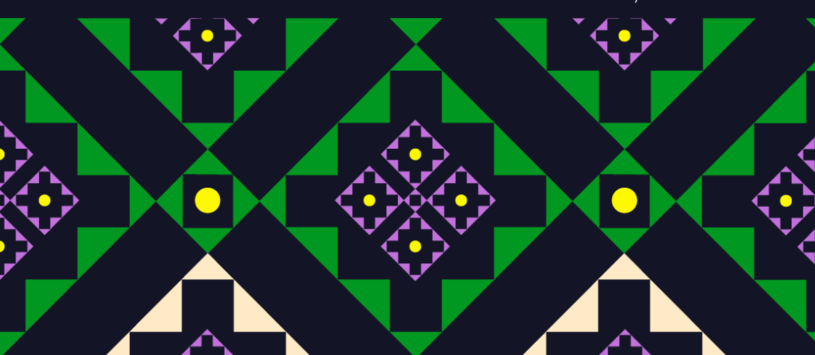This October, Razom for Ukraine’s “Against the Grain” festival pulses with visual art, performance, literature and film that chart Ukraine’s current moment: its beauty, its losses, its rebel voice. Across genres there are recurring themes – memory and witness; nature and environment; identity, hybridity, and resisting imposed narratives. The events of the festival aren’t just entertainment: they are acts of solidarity, windows into what Ukraine is enduring and creating. Whatever your inclination, you’ll find something to make your heart and mind move.
Below are three curated “journeys” through the festival – by interest or mood. Each journey gathers together a few events that echo one another so experiencing them in sequence (or pairing them) gives more resonance. But always remember: connection to Ukraine is what roots all of this.
Journey 1: Nature, Landscape & Environment
For those who feel alive in landscapes, who see water, soil, flora, and wild creatures as central to our sense of home – and feel outrage as to what is at stake when war, corruption, or neglect intrude—this trail invites reflection and wonder.
- The Editorial Office (Cinema, October 7) – Directed by Roman Bondarchuk, the film begins with Yura, a young biologist at a Natural History Museum, out in the southern steppe looking for an endangered groundhog. Instead, he witnesses forest arson. From there, the film branches into truth, media distortion, corruption, fake news, and the struggle to expose injustice – all while nature is being burned, ignored, or co-opted.
- I Dream of Seeing the Steppe Again by Darya Tsymbalyuk (Visual Art, Oct 25) – Drawing on archival flora of the steppe, this participatory workshop asks us not only to remember what was, but to imagine what might be restored.
- Darya Tsymbalyuk: Ecocide in Ukraine (Literature, Oct 26) — In Ecocide in Ukraine: The Environmental Cost of Russia’s War, Tsymbalyuk traces the destruction of rivers, steppes, forests, and biodiversity under the shadow of war, weaving scientific insight, personal memory, and poetic observation. Her book discussion asks: when land is a battlefield, how do we speak for what is vanishing?
- What the Water Told Me by Oleksandra Zborovska (Visual Art, Oct 26–30) – A work arising from the destruction of the Kakhovka dam, using cyanotypes and river water itself to map grief, memory, loss, and the elemental force of water.
- Maria Reva: Endling, Ukraine, and the End of Fiction (Literature, Oct 29) – In her novel Endling, Reva deploys the metaphor of “the last of a species” to consider war, extinction, memory, and survival in the Ukrainian landscape, reminding us that human fate is intertwined with threatened ecologies. Her reading and conversation will draw those threads into sharper relief, asking: what is left when both people and land face erasure?
This journey invites you to slow down, to place yourself in wild places (or in memory of them), and to see how nature and art are entwined – and how what happens to the land happens to people.
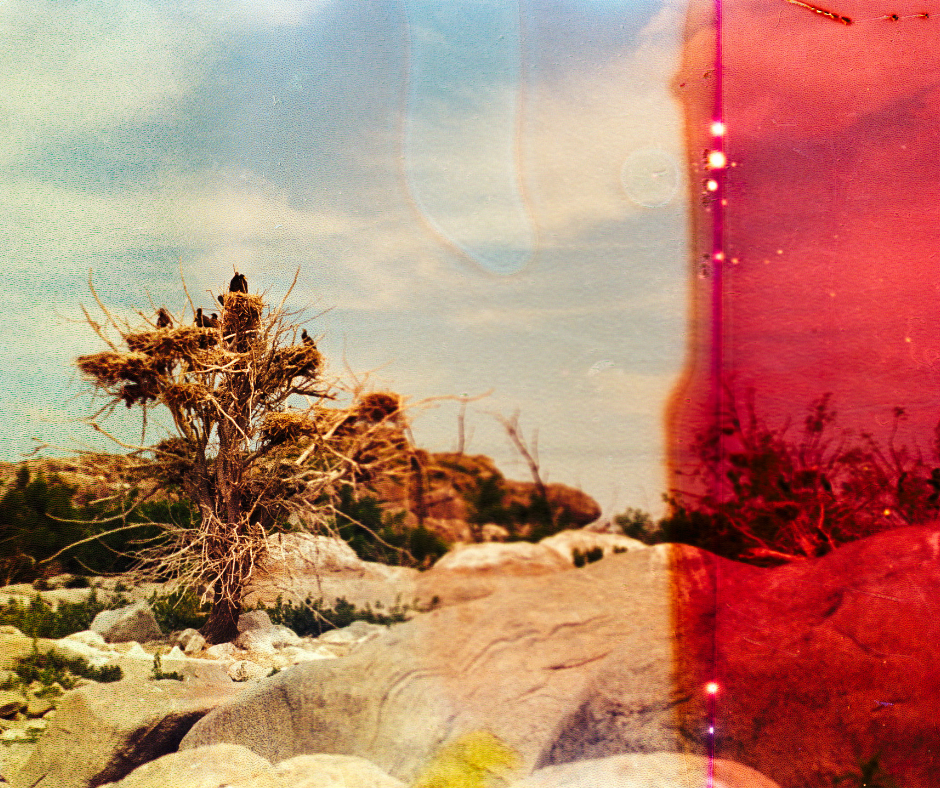
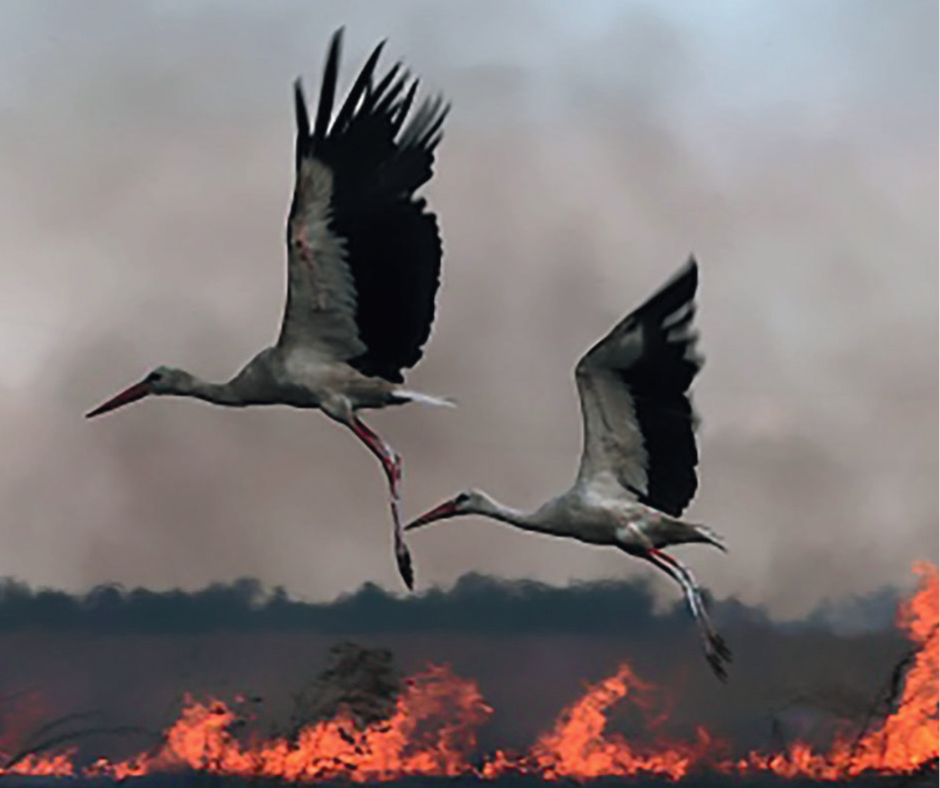
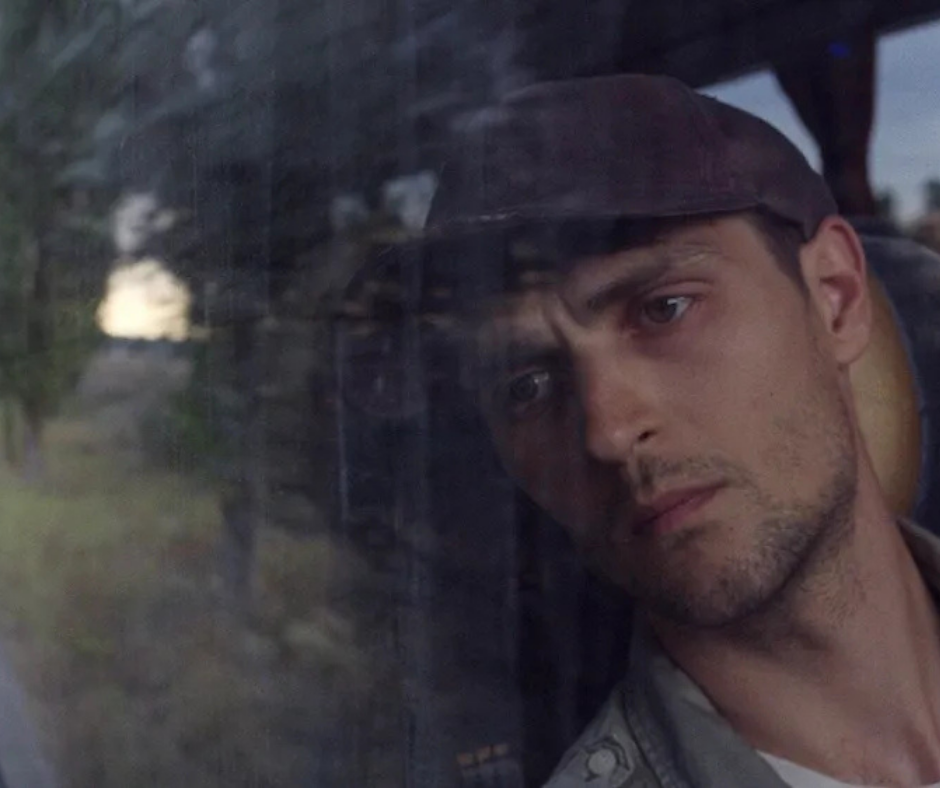
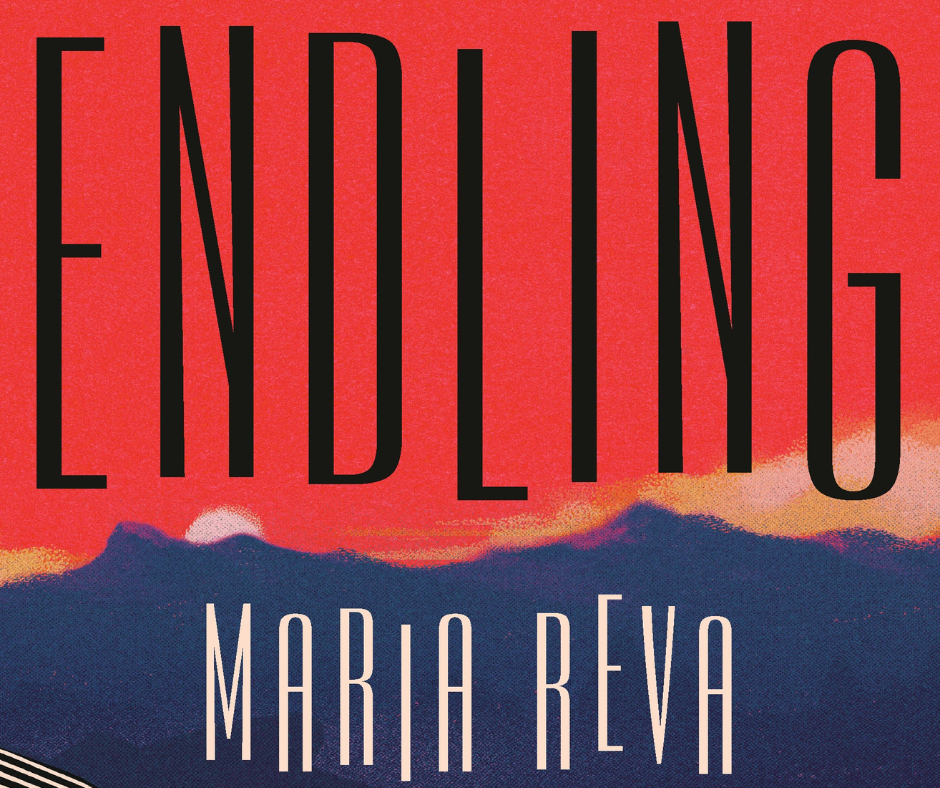
Journey 2: Memory, Trauma & Witnessing
If you’re drawn to work that holds up mirrors to loss, that archives what others try to erase, that makes private grief public – this is your route through the festival.
- Viktor (Cinema, October 8) — A 2024 documentary by Olivier Sarbil, Viktor follows a deaf war photographer in Kharkiv as he uses his camera as a weapon of witness, capturing the invasion through his silent gaze. The film’s stark black-and-white imagery and subjective sound design make silence into a presence — reminding us that even in the absence of voice, memory persists.
- Cassandra by Lesia Ukrainka (Performing arts, Oct 10–19) – Through the lens of myth and prophecy, voices that are silenced or disbelieved become powerful; Cassandra’s curse becomes all the more resonant given modern disinformation, war atrocities, unheeded warnings.
- Memory Patterns by Anna Seniuk (Visual Arts, October 14-18) – Fragile fragments of memory inscribed in paper, in photographs, in tears and light; what remains when the archive is partial, when some witnesses are gone.
- Short Film Programs from KISFF & Linoleum (Cinema, October 14, October 21) – Many films in these selections confront displacement, identity, rupture. The short-form gives urgency.
- 2000 Meters to Andriivka (Cinema, October 23) – Directed by Mstyslav Chernov, this harrowing documentary follows a Ukrainian platoon as they push through a heavily fortified forest toward liberated Andriivka, tracing each meter with bodycam footage, reflection, and grief. In sequences that register exhaustion, camaraderie, and loss, the film becomes a trench-level chronicle of war’s relentlessness and a portrait of memory in motion.
- Voices of Occupation: Stories of Cultural Survival (Literature, Oct 24) – This event brings together writers from Ukraine’s occupied eastern and southern regions, including Olia Hercules, Volodymyr Rafeyenko, and Natalia Shpylova-Saeed, to explore the lived experience of occupation, memory under duress, and cultural survival. Their conversation presses on what it means to live amidst erasure and how stories insist on existence even in places marked by exclusion and control.
- Our Life Behind Barbed Wire (Performing Arts, November 1) – Evoking the experiences of World War II–era forced laborers, and tying past horrors to displacement and current war, this piece uses song, storytelling, image, and ritual to bear witness.
In every piece you’ll find the fracture of experience made visible: a memory that aches to be reclaimed, a silence that demands breaking. These works remind us that trauma is not simply something to be narrated, but something for which new forms must be invented—so that witnesses, past and present, are not lost to time.
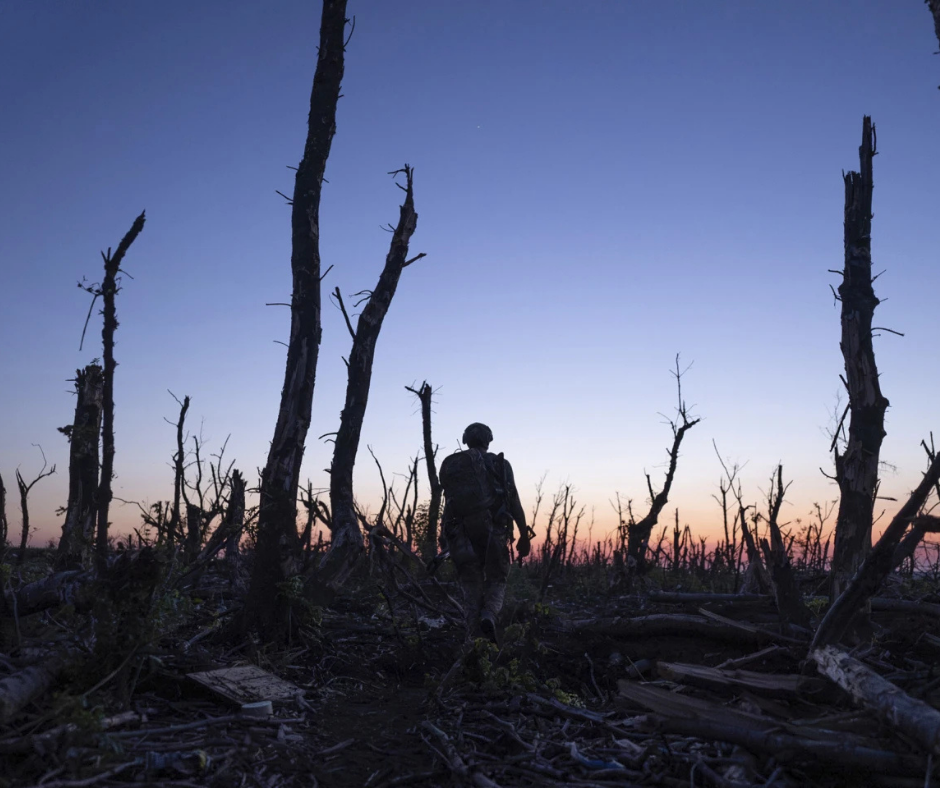
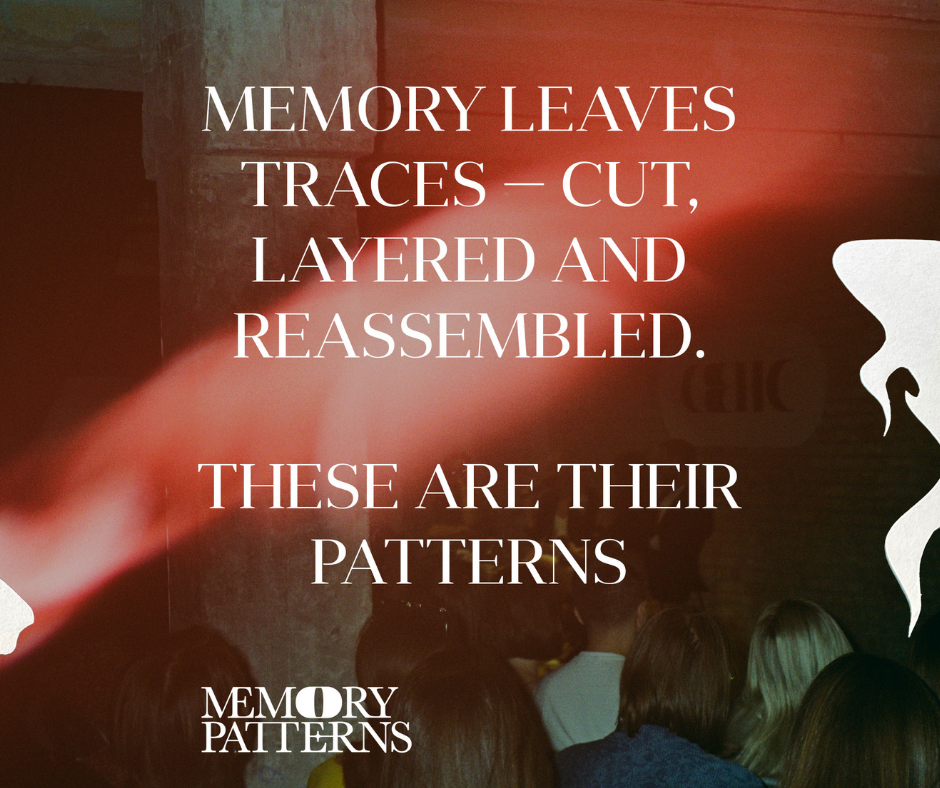


Journey 3: Identity, Hybridity, & Boundary-Breaking
If you’re energized by hybrid art, by work that refuses neat genre boxes, by cross-cultural experiments and daring forms, then this is your route.
- DIA/spora by Igor Martiniouk (Visual Arts, October 2-12) – Diasporic identity, reimagined tradition, art that dialogues across distance and loss.
- Apocollapse! by Dean Temple (Performing Arts, October 13) – A stage reading of a new play that weaves performance, music, text, politics: collapse not just physical, but moral, informational.
- U are the Universe (Cinema, October 13) – A work that experiments with structure, and uses documentary stylings with fiction, that fold in surreal or symbolic detail.
- A Romantic from Kharkiv: Music of Sergei Bortkiewicz (Performing Arts, October 17-18) – Also joining this arc of hybridity is a live piano recital by Anna and Dmitri Shelest celebrating the works of Sergei Bortkiewicz. Listeners will be invited into a nuanced story of musical identity: a Ukrainian-born Romantic composer whose lush, melancholic style drew from both Eastern and Western traditions.
- Lines We Cross: Translating Ukraine (Literature, October 22) — In this conversation, Ukrainian novelist/poet Oksana Lutsyshyna and American author Sam Wachman explore how migration, queerness, language, and translation shape new identities across borders. Their dialogue provokes questions: when words cross languages, what shifts—and what remains irreducible?
- Light on the Waves (Visual Arts, October 30 – November 2) – For its video and media art forms; place, displacement, borderlands shown through moving images.
These pieces insist that identity is never static, especially in times of rupture – it is always entangled, overlapping, translated. In pushing beyond borders of genre, tradition, and narrative, they show that hybridity itself becomes a site of creative possibility and a form of resistance.
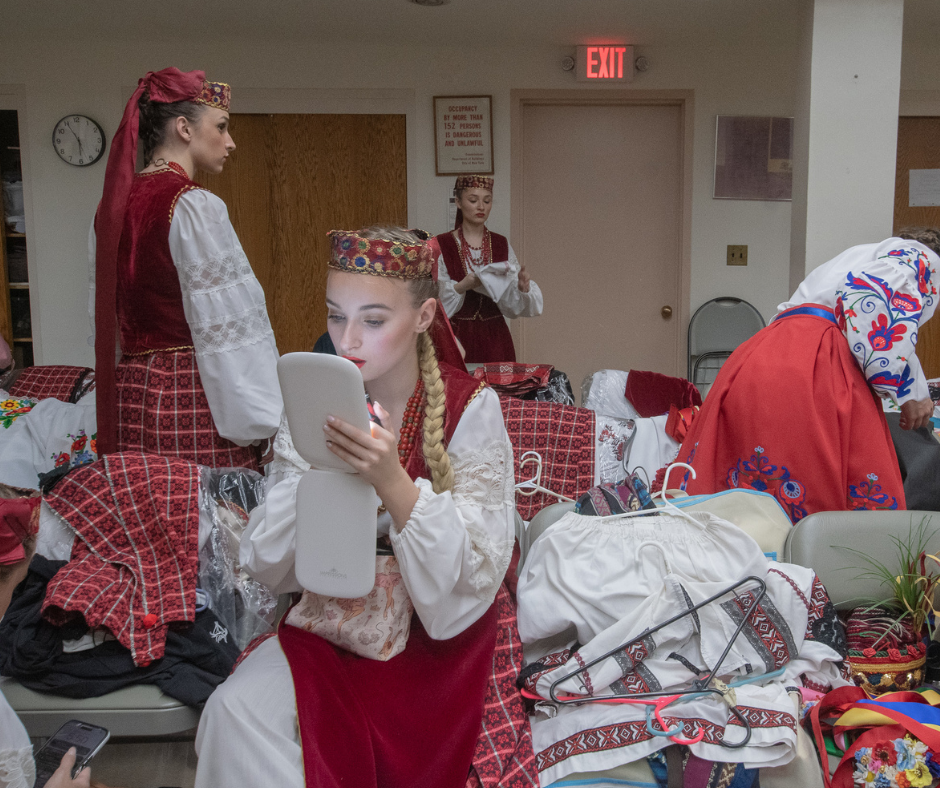
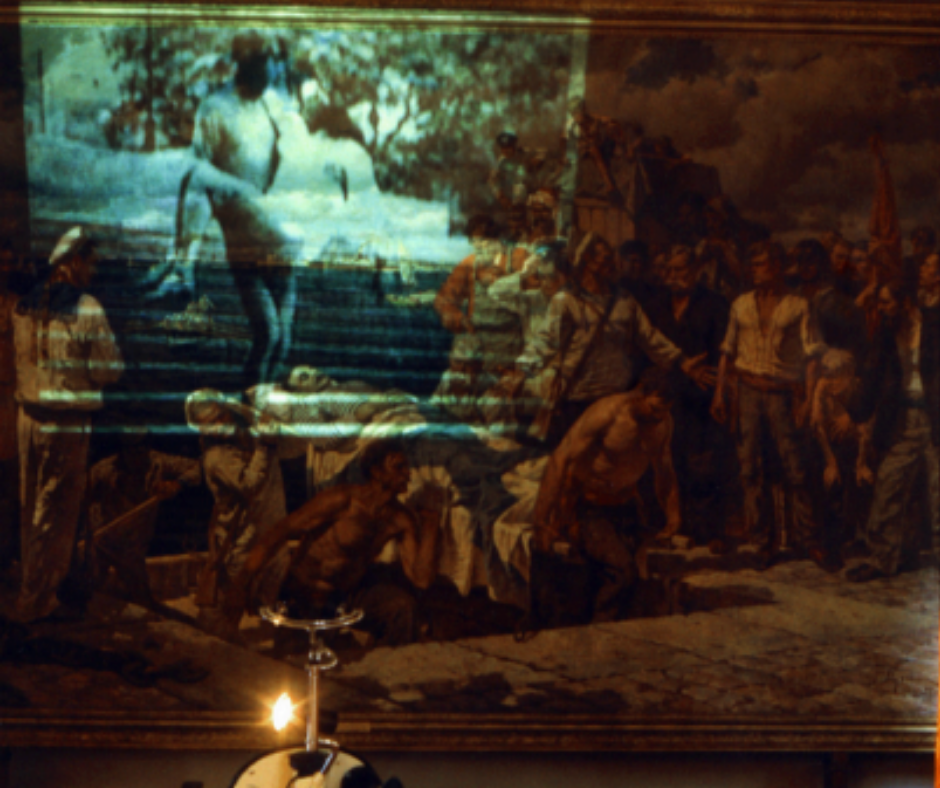
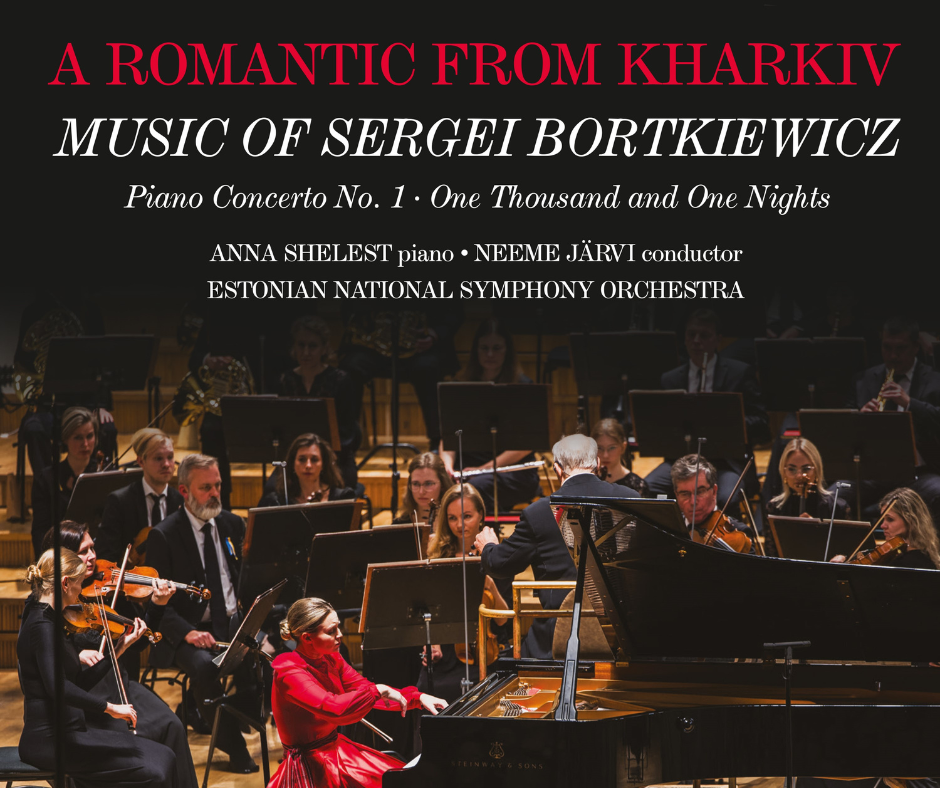
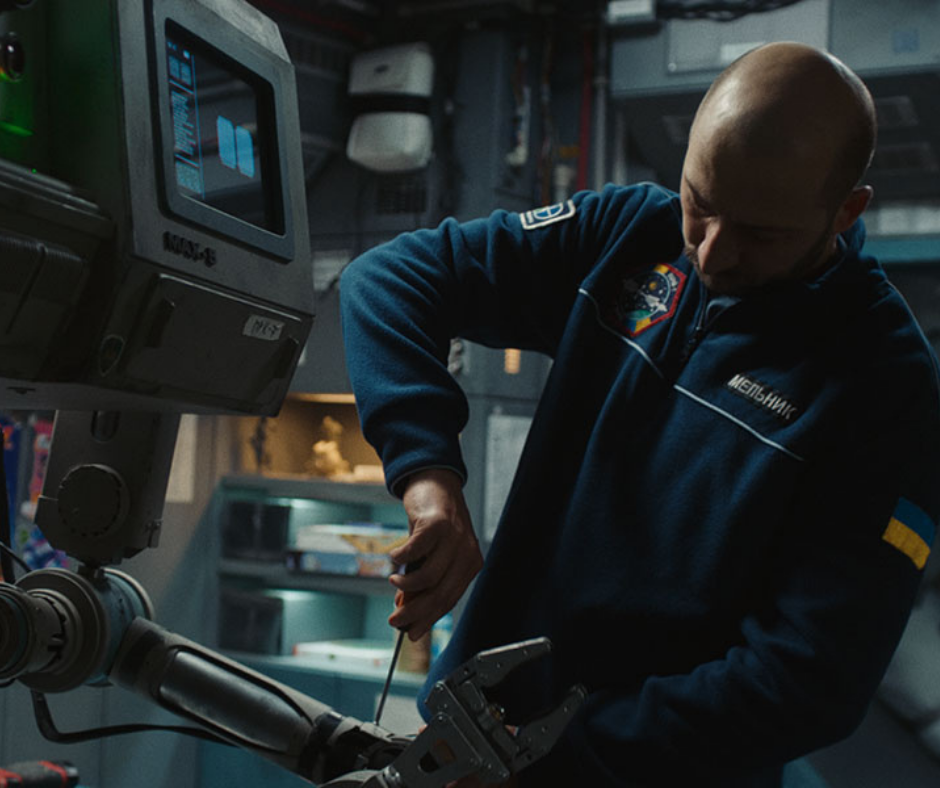
Overarching Threads
What ties all three of these journeys – whether you follow water and soil, memory and loss, or boundary-crossing art – is not mere proximity or shared origin, but a deeper, restless insistence. Time and again these works answer war’s erasures with resistance; they tell truths that refuse to be silenced – about land, about the scars of history, about justice. They assert identity and belonging, even under siege: sometimes layered, sometimes hybrid, sometimes contradictory, but always claimed with urgency. And above all, they remind us that art is not passive. Here, the artist becomes witness, archivist, memory-keeper, protestor: not merely reflecting reality, but recording, preserving, and refusing disappearance. To attend Against the Grain is to join in that collective act of resistance – not as a distant observer, but as someone willing to be moved, unsettled, and inspired to bear witness in one’s own way.
Why You Should Attend
Because this festival is more than culture: it is solidarity. Because seeing art like this matters – not only for Ukrainians but for everyone who cares about truth, beauty and justice. Because connection isn’t symbolic: we bear witness, we learn, we are changed. Whatever your interest, pick a journey (or mix across) – and dive into the world of Ukrainian artists who go Against the Grain.
